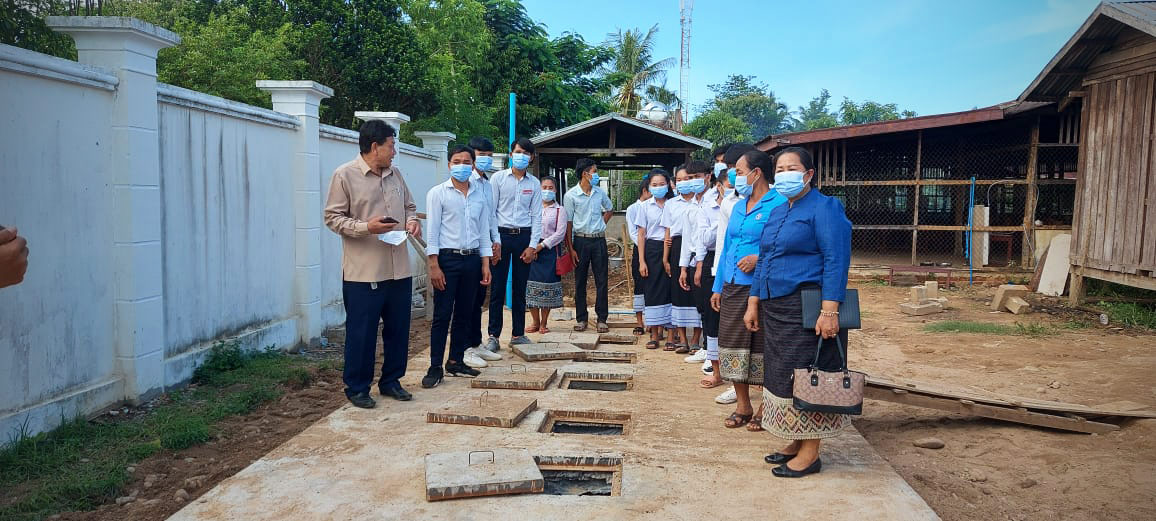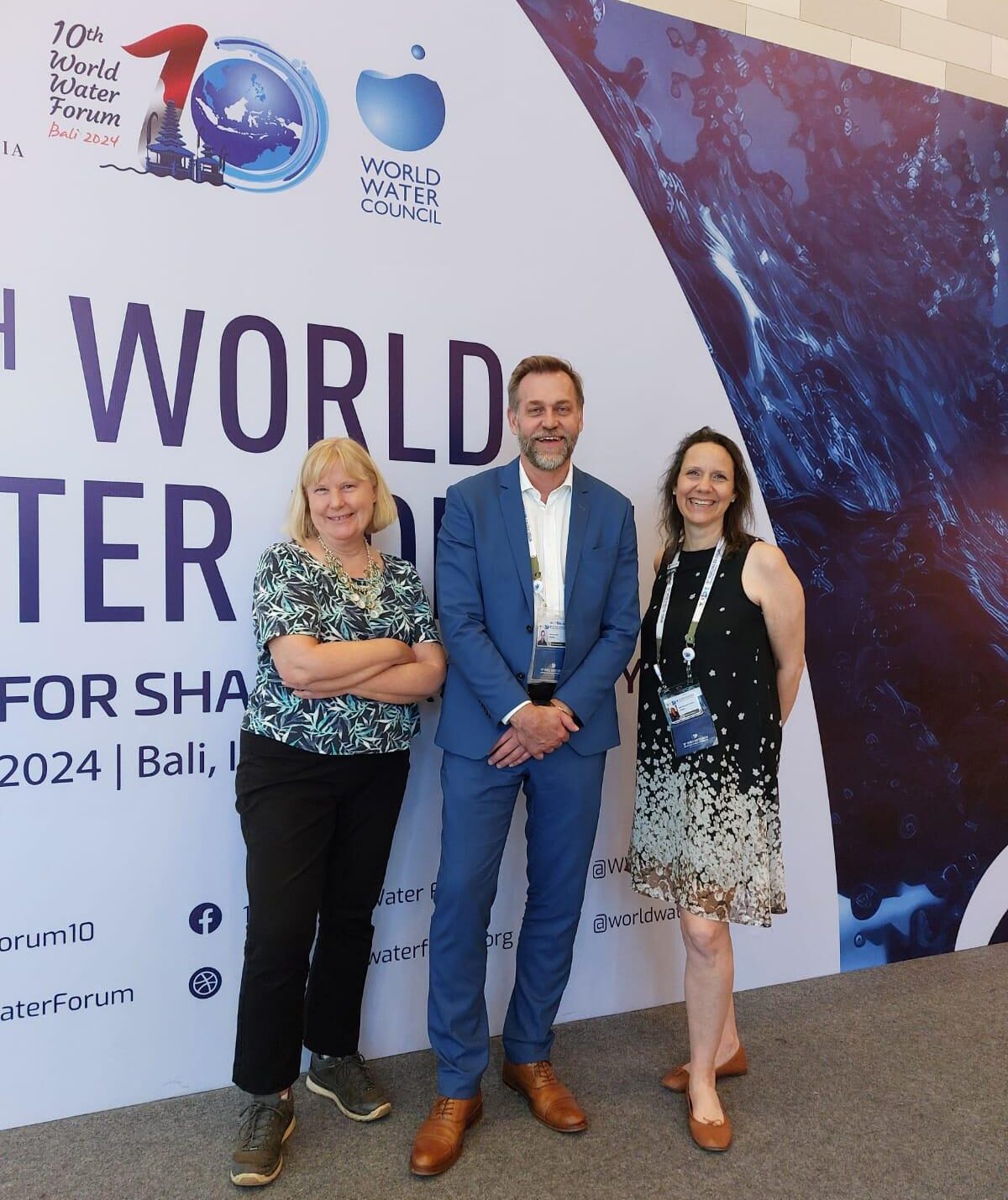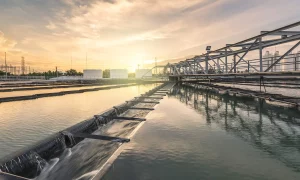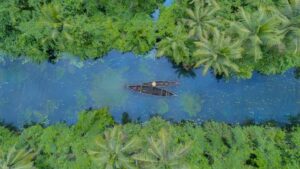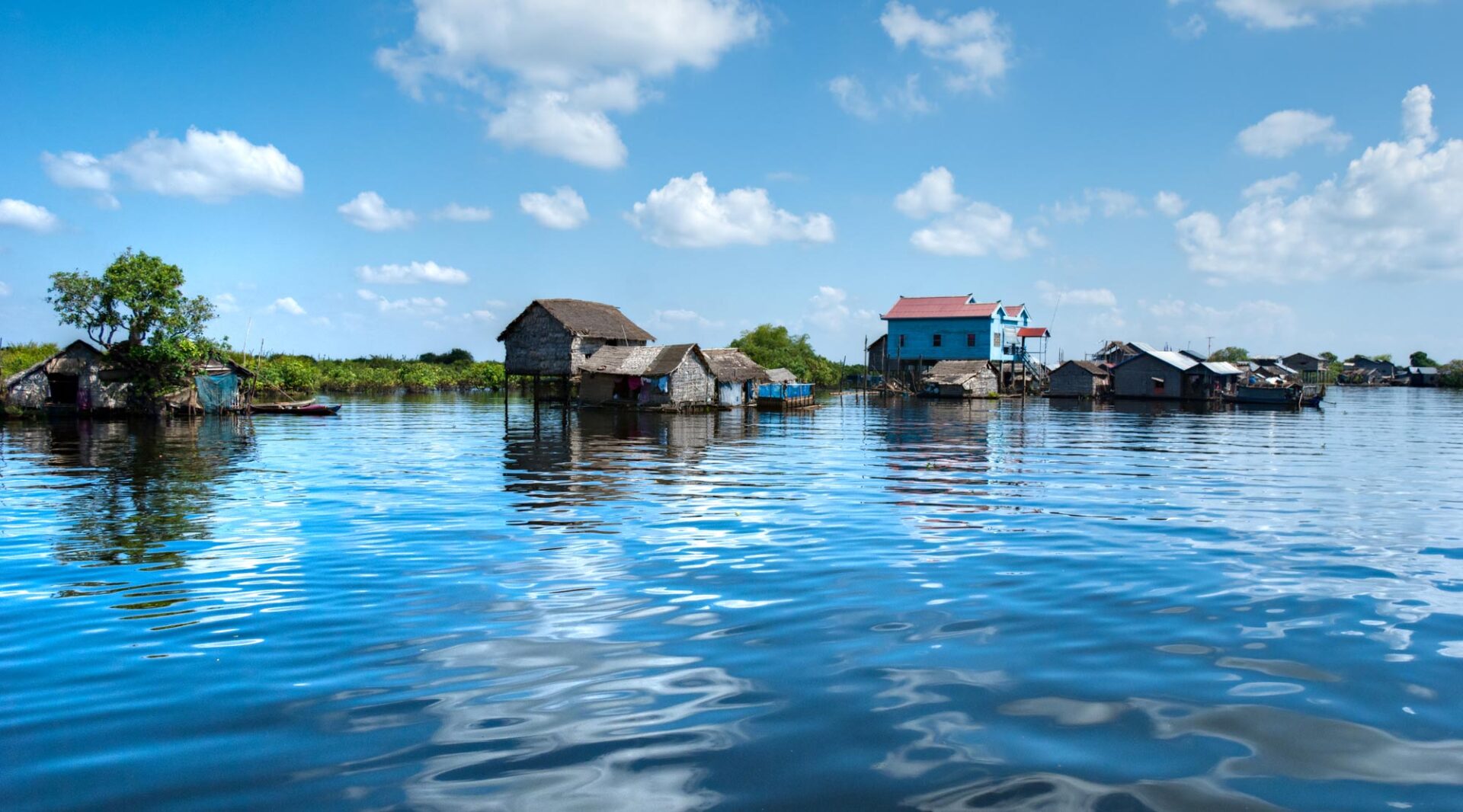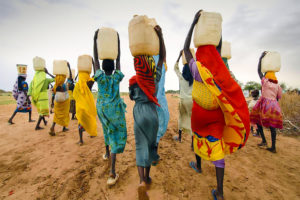Supporting Laos to tackle serious threats to social and economic development, and increase community resilience in the face of climate change.
Laos is one of the most climate vulnerable countries in the world. This is mainly due to its high dependence on climate-sensitive natural resources and its low adaptive capacity. As a result, disease epidemics are becoming increasingly harsh and the impact on vulnerable communities is particularly severe.
To increase resilience to these climate hazards, proper water supply and sanitation infrastructure is urgently needed, particularly in rural areas.
The aim of this project is therefore to develop small-scale infrastructure systems for water supply and Decentralised Wastewater Treatment Systems (DEWATS). This will help local communities endure the stress during and following climate change-related events such as floods or droughts.
Background
Climate change-related events are hampering economic growth and sustainable development in Laos by causing social and economic loss on a large scale. In order to improve the country’s ability to respond to these threats, increased community resilience must be supported.
Certain functions are crucial to achieve such resilience:
- Firstly, and most importantly, reliable and sustainable access to safe drinking water and sufficient energy is absolutely fundamental.
- Secondly, the absence of reliable and flood resistant sanitation systems expose communities to high health risks, which makes it a priority in the interest of public health.
This project addresses these aspects by supporting small-scale systems in Attapeu and Sekong provinces for water supply and demonstrating sanitation infrastructure that are locally owned and managed.
The water supply systems can, depending on geographical context, be based on rainwater harvesting, gravity-fed, solar-, or water-driven pumps, or innovative underground rainwater harvesting systems. Wastewater will be managed by the construction of Decentralized Water Treatment Systems (DEWATS). Aside from the immediate benefits of appropriate wastewater management, DEWATS also contribute to the reduction of greenhouse gas emissions, particularly methane.
The DEWATS treat wastewater in a low-maintenance and affordable way.
It enables water reuse for agriculture and biogas production as energy source. The benefits of biogas are however not generally understood by local communities. The aim of the pilot project is therefore also to raise awareness about biogas as an alternative source of energy, and about how it can best be used, particularly for agricultural gains. Such gains are organic fertilizer and improved access to energy for local businesses and domestic use.
Public-Private-Partnership
With Laos being a Least Developed Country (LDC), it is a major challenge to develop an economically sustainable model for provision of clean water of sufficient quantity.
For this purpose, the project has facilitated Public-Private-Partnerships (PPP) by establishing a Water Supply Public Private Partnership Consortium (WSPPPC).
This consortium is the first of its kind in Laos and an opportunity for public and private interests to engage in wastewater treatment and water supply infrastructure. The Consortium is a platform for collaboration and cooperation between private entities and public sector actors, such as the Nam Papa State-Owned Enterprise (NPSE). It will also work closely with – or include – community-based groups.
Outputs
The outputs of the project are:
- Baseline assessment for climate adaptation and mitigation measures, and the business case established in the target communities.
- Two DEWATS built and operational in two provinces in Laos (one in each province) benefitting at least 100 households. And 23 small-scale water supply infrastructure systems (rainwater harvesting, gravity fed systems, etc.) operational (twelve in one province and eleven in another province), benefitting at least 6,000 people.
- Water Supply Public Private Partnership Consortium established and operational by Nam Papa State-Owned Enterprise (NPSE) staff in Sekong and Attapeu.
Business case and lessons-learned of the present project are documented and shared with decision- and policymakers. The latter are informed about and take into consideration the pilot project’s lessons learned and success.
